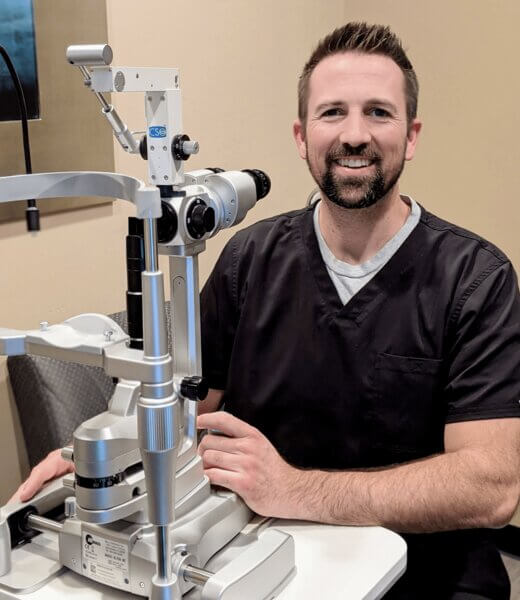Sleep and eyehealth connection
In the hustle and bustle of modern life, the importance of quality sleep often takes a back seat. However, the impact of sleep on our overall well-being, especially eye health, cannot be overstated. This comprehensive guide explores the intricate link between sleep and eye health, offering practical tips for a restful night.
Importance of Quality Sleep
Quality sleep is not just a luxury; it’s a necessity for our physical and mental health. Adequate sleep supports the body’s natural processes, including the rejuvenation of cells, maintenance of cognitive functions, and the repair of various bodily systems.
Understanding the Sleep Cycle
Before delving into the connection with eye health, understanding the sleep cycle is crucial. The cycle consists of different stages, each serving a unique purpose, from deep restorative sleep to the rapid eye movement (REM) phase associated with vivid dreams.
Impact on Eye Health
The eyes are not exempt from the benefits of a good night’s rest. Chronic sleep deprivation can contribute to a range of eye issues, including dry eyes, blurry vision, and even more severe conditions such as glaucoma.
How Lack of Sleep Affects Vision
The correlation between insufficient sleep and compromised vision is well-documented. Bloodshot eyes, difficulty focusing, and increased sensitivity to light are common symptoms. Prolonged periods of poor sleep may elevate the risk of more serious eye disorders.
Tips for Improving Sleep Quality
Now, let’s explore practical strategies to enhance your sleep quality and, consequently, promote better eye health.
Creating a Relaxing Bedtime Routine
Establishing a calming pre-sleep routine signals to your body that it’s time to wind down. Consider activities like reading a book, practicing relaxation techniques, or gentle stretching.
Ideal Sleep Environment
Crafting an ideal sleep environment involves optimizing factors such as room temperature, lighting, and noise levels. A cool, dark, and quiet room can significantly contribute to a more restful night.
Role of Blue Light in Sleep Disruption
Exposure to blue light, primarily emitted by screens, can disrupt the production of melatonin, a hormone crucial for regulating sleep-wake cycles. Limit screen time before bedtime for better sleep.
The Connection Between Melatonin and Eye Health
Melatonin not only regulates sleep but also possesses antioxidant properties beneficial for eye health. Ensure your body produces sufficient melatonin by maintaining a consistent sleep schedule.
Importance of Regular Sleep Schedule
Consistency is key when it comes to sleep. Stick to a regular sleep schedule, even on weekends, to align your body’s internal clock and promote a healthier sleep routine.
Addressing Sleep Disorders
If persistent sleep issues plague you, consult a healthcare professional. Conditions like sleep apnea or insomnia may require specific interventions for optimal resolution.
The Link Between Diet and Sleep
Your diet plays a pivotal role in sleep quality. Incorporate foods rich in melatonin, such as cherries, and avoid heavy meals close to bedtime to support uninterrupted sleep.
Exercises to Promote Better Sleep
Engaging in regular physical activity contributes to better sleep. However, ensure your workout routine is completed at least a few hours before bedtime to allow your body to wind down.
Managing Stress for Optimal Sleep
Stress and anxiety can be detrimental to both sleep and eye health. Explore relaxation techniques, such as meditation or deep breathing, to manage stress effectively.
The Impact of Caffeine and Alcohol on Sleep
While a cup of coffee can kickstart your day, excessive caffeine and alcohol intake, especially close to bedtime, can disrupt your sleep patterns. Consume these substances in moderation for a peaceful night’s rest.
Using Technology Wisely Before Bed
Smartphones and tablets emit blue light, hindering melatonin production. Set a digital curfew, putting away electronic devices at least an hour before bedtime for a more restful sleep.
Balancing Screen Time for Healthier Eyes
Extended screen time strains the eyes. Follow the 20-20-20 rule—every 20 minutes, look at something 20 feet away for at least 20 seconds—to alleviate eye strain.
Benefits of Power Naps
Short naps can provide a quick energy boost without interfering with nighttime sleep. Keep power naps around 20 minutes to reap the benefits without entering deep sleep.
The Role of Pillow and Mattress Quality
Investing in a comfortable pillow and mattress can significantly impact sleep quality. Choose options that support proper spinal alignment and reduce discomfort.
Frequently Asked Questions (FAQs)
Is it normal to dream every night?
Yes, dreaming every night is considered normal. Dreams occur during the REM stage of the sleep cycle, and it’s a sign of a healthy sleep pattern.
How does sleep position affect eye health?
Sleeping on your stomach may cause increased pressure on the eyes, potentially leading to discomfort. Back or side sleeping positions are generally more eye-friendly.
Can lack of sleep cause permanent eye damage?
While occasional poor sleep may not cause permanent damage, chronic sleep deprivation can contribute to long-term eye issues. It’s crucial to prioritize consistent, quality sleep.
What foods promote better sleep and eye health?
Foods rich in melatonin, such as cherries, and those high in omega-3 fatty acids, like salmon, can promote both better
Tatum Eyecare is North Phoenix’s premier family eye care center. We’ve spared no expense to create the most pleasant, comfortable patient experience… including the finest furnishings, the best selection of prescription eyeglass frames, the most cutting-edge technology, and the most outstanding team of industry professionals. Come see why the choice for family eye care in the Valley has never been clearer.



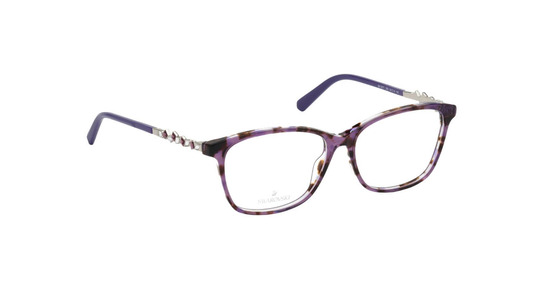
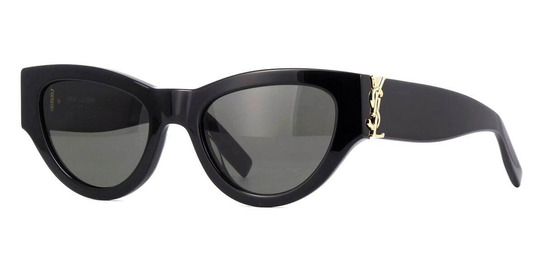
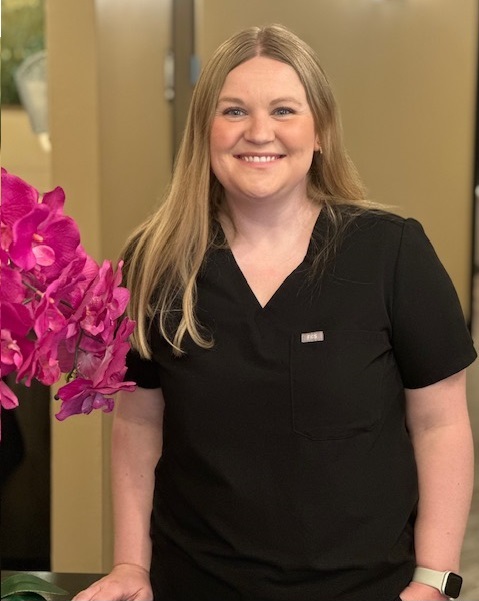
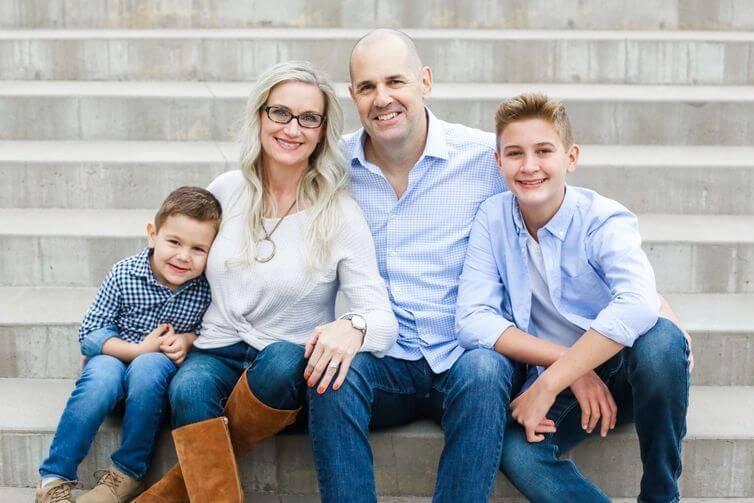

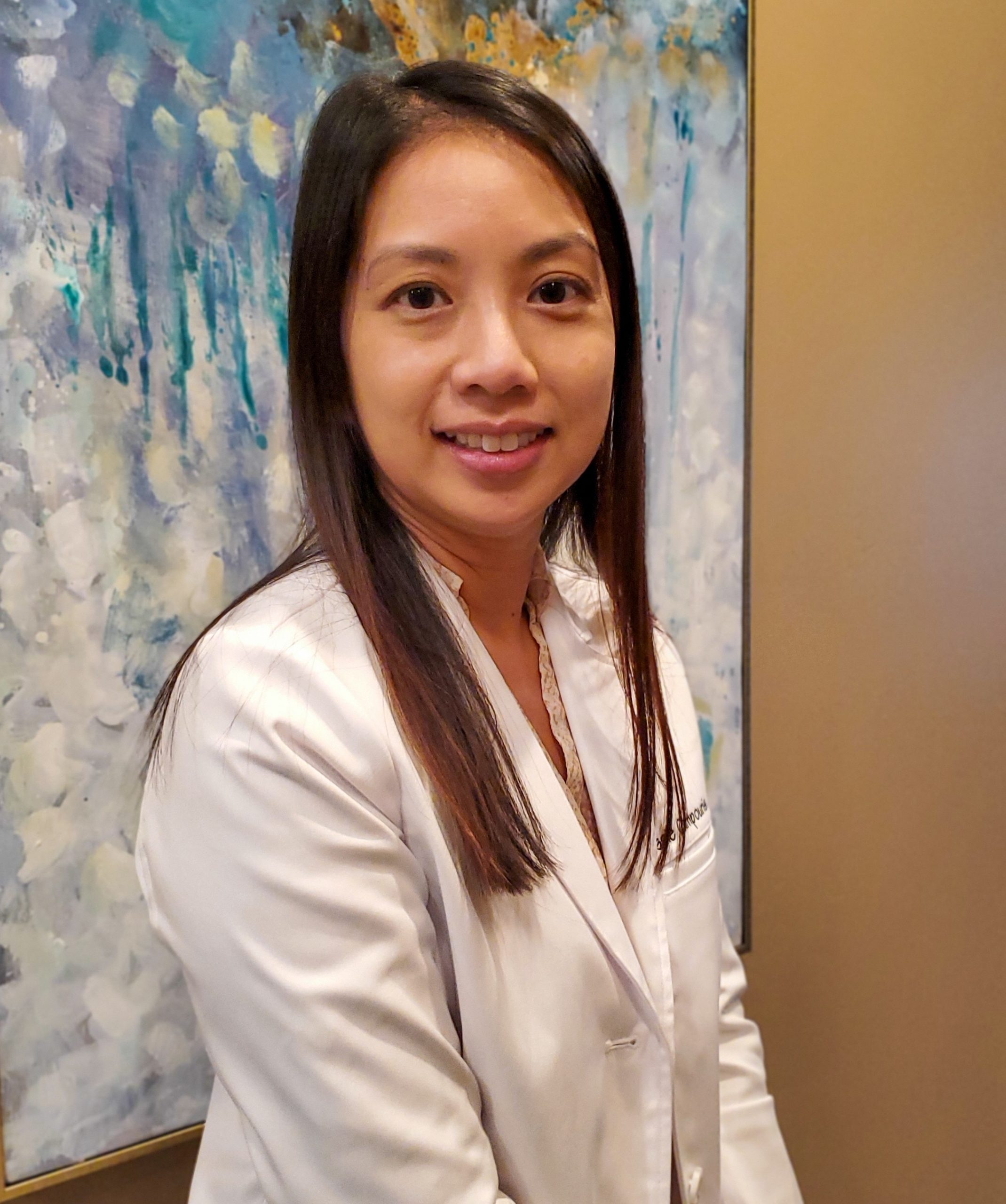
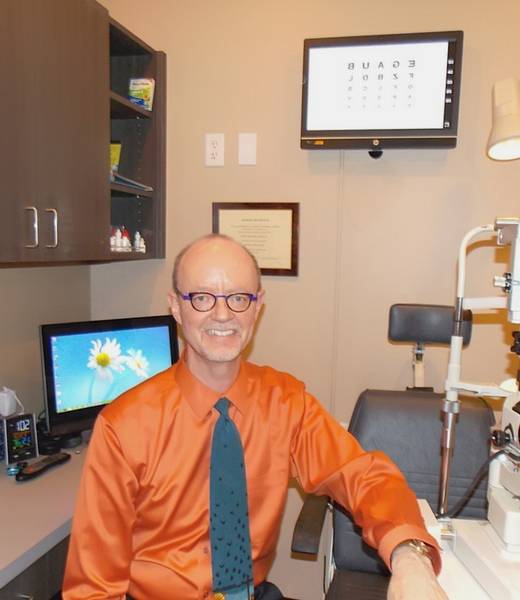
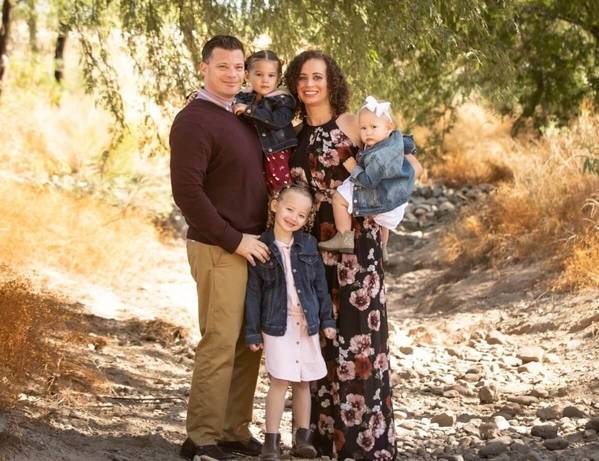
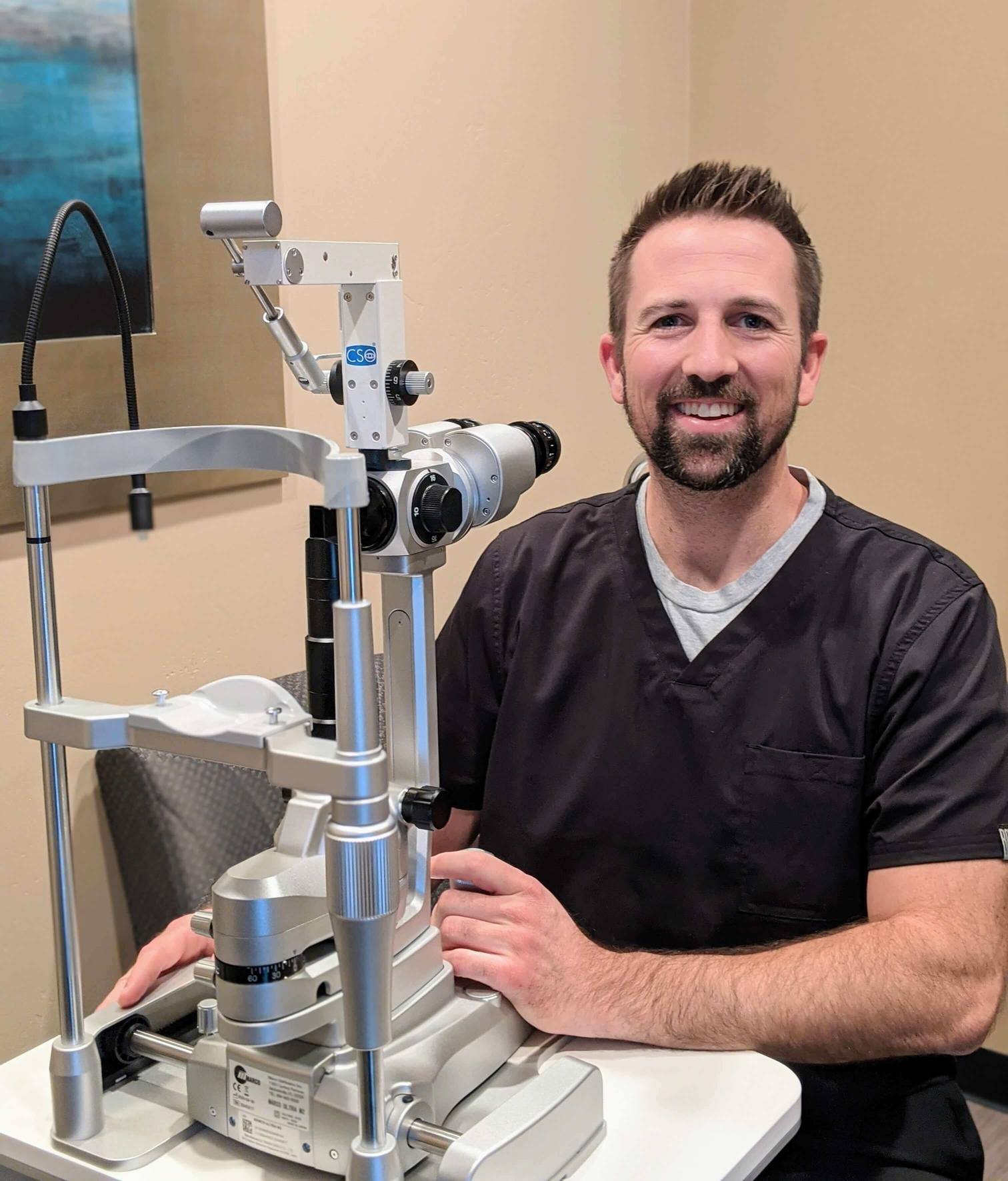
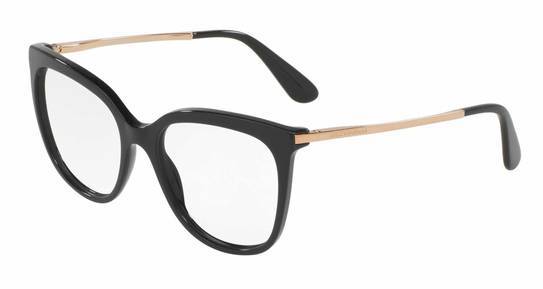






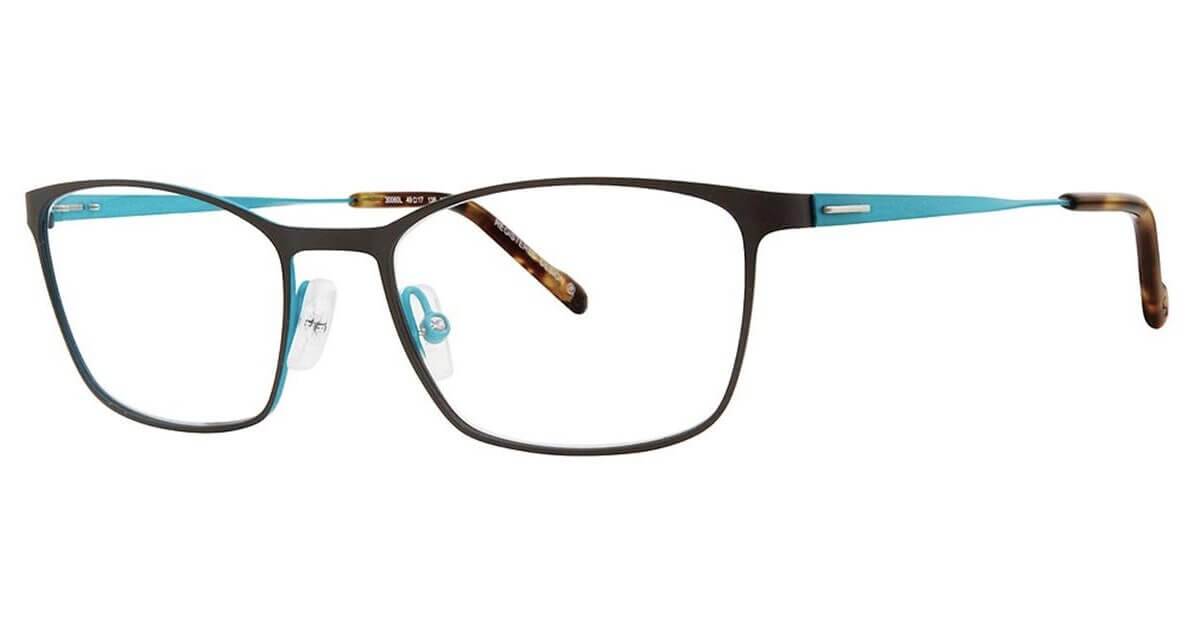

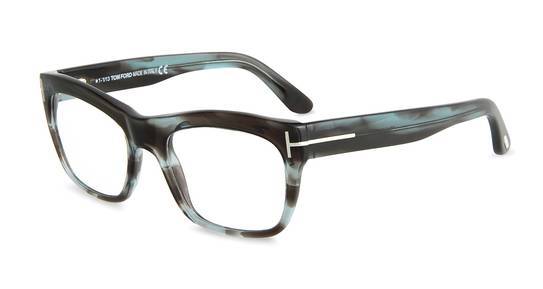
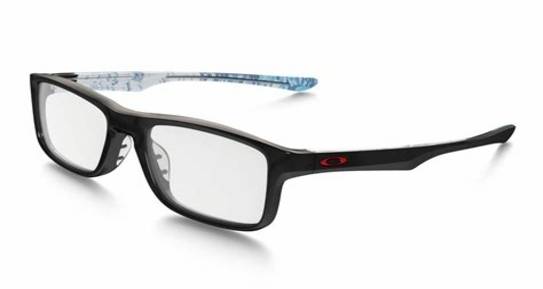

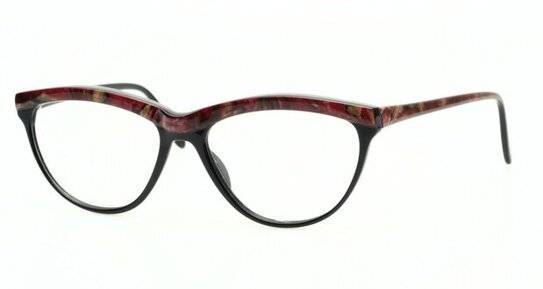
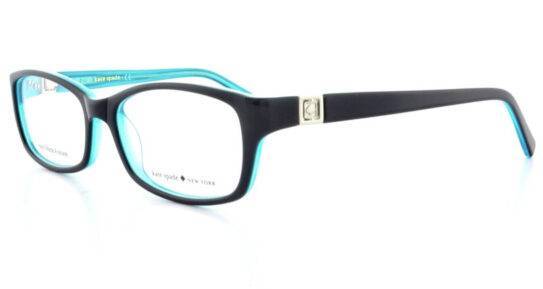
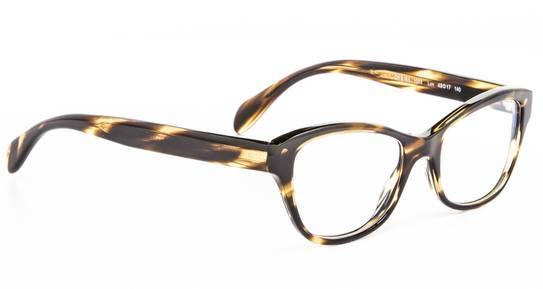


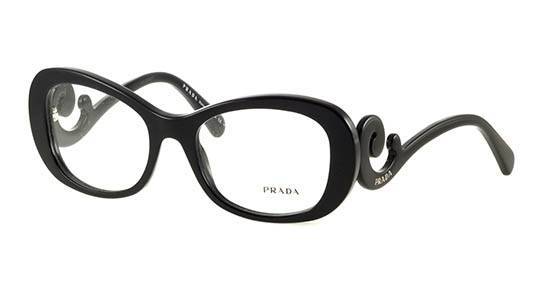
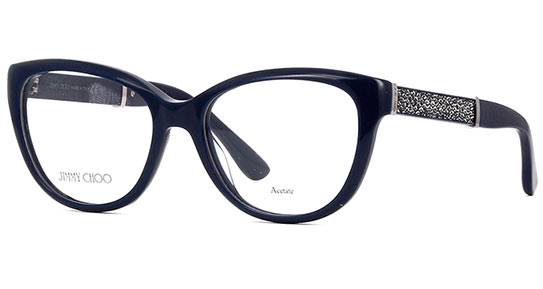
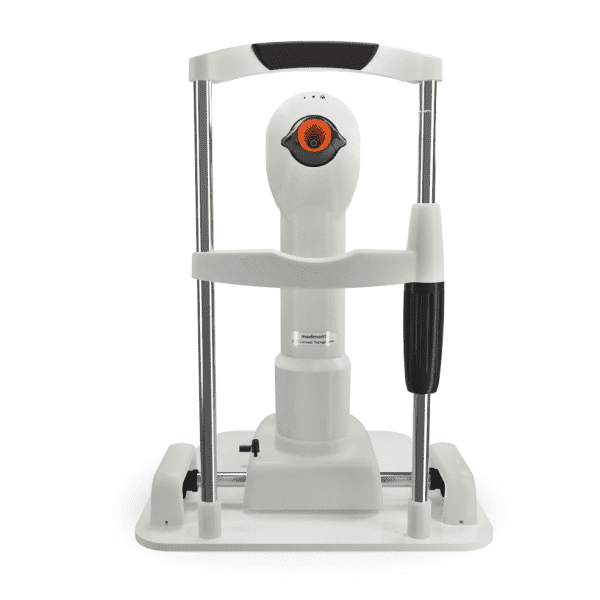
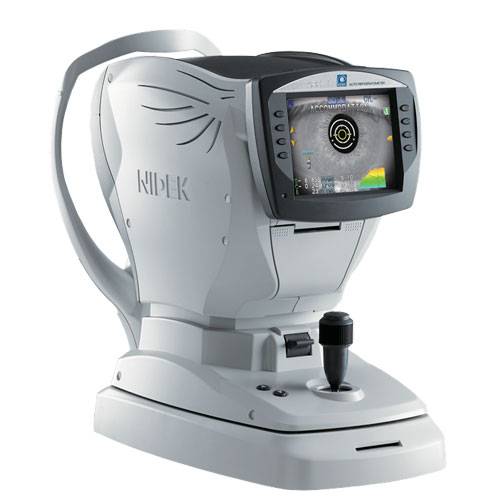
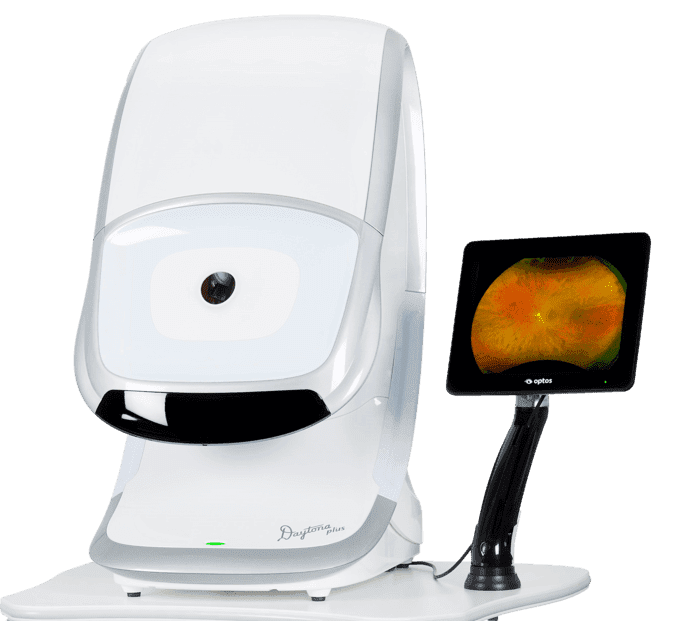
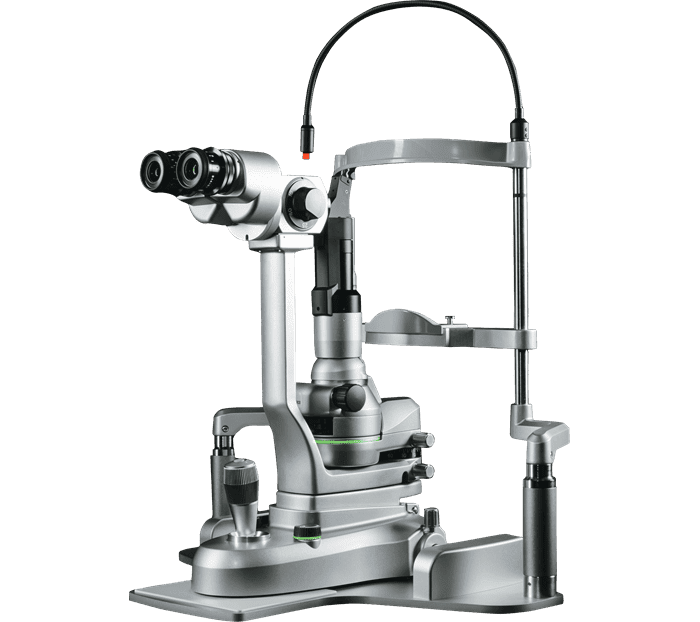
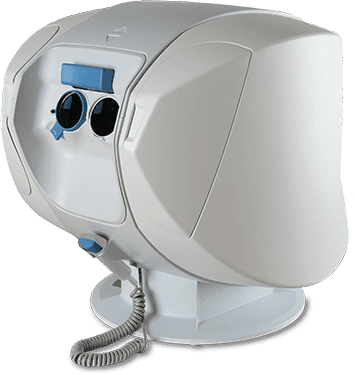
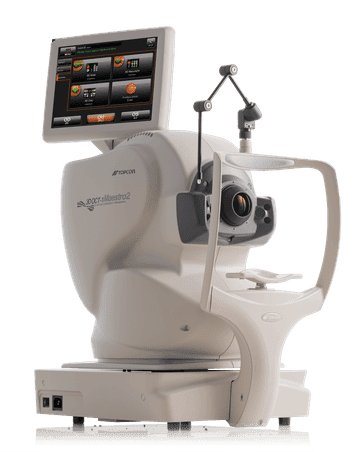
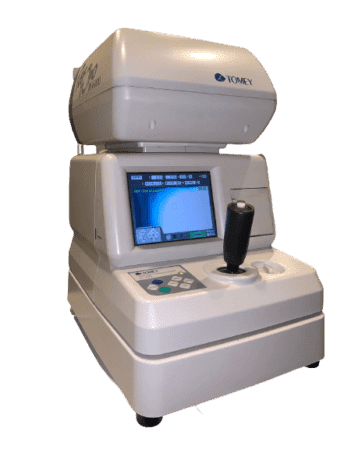
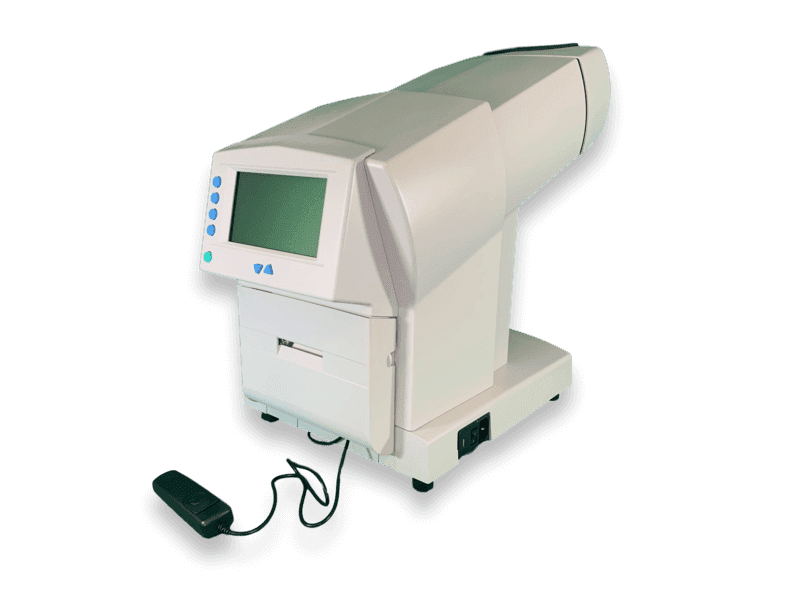
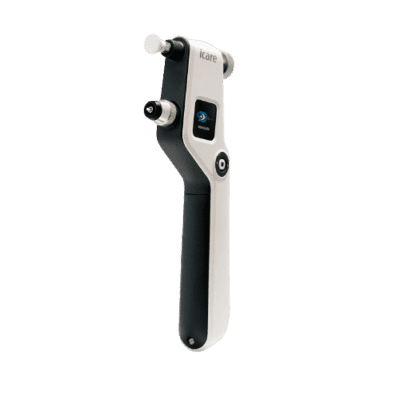
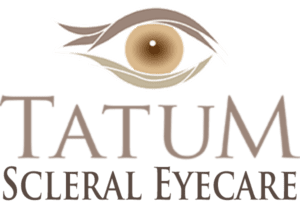
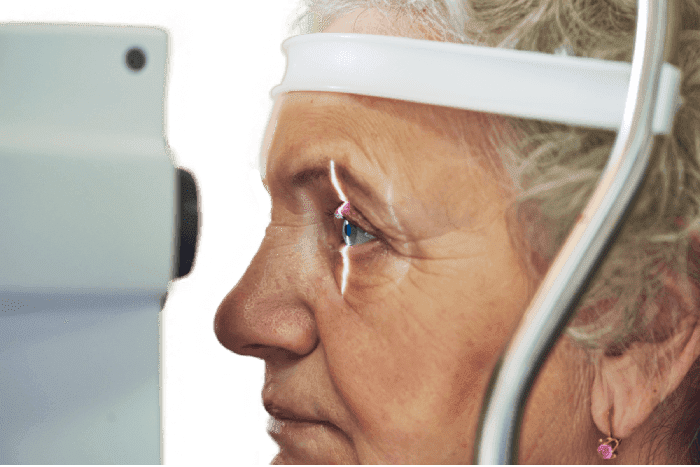
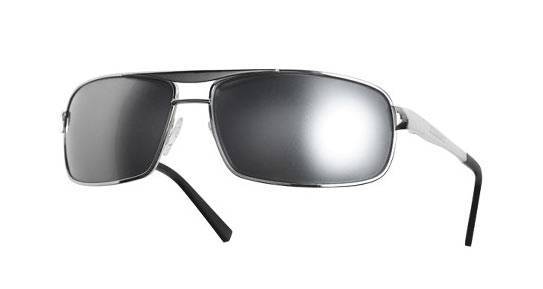 Dillon Optics, the performance eyewear arm of Dillon Precision, have a unique non-reflective, matte lens appearance incorporated with NIR lens technology. This produces noticeably sharper clarity, and protects the lens from damage and harmful environmental conditions. Perfect for outdoor sports and activities where precision vision is required. Tatum Eyecare carries a wide variety of Dillon Optics eyewear.
Dillon Optics, the performance eyewear arm of Dillon Precision, have a unique non-reflective, matte lens appearance incorporated with NIR lens technology. This produces noticeably sharper clarity, and protects the lens from damage and harmful environmental conditions. Perfect for outdoor sports and activities where precision vision is required. Tatum Eyecare carries a wide variety of Dillon Optics eyewear.




